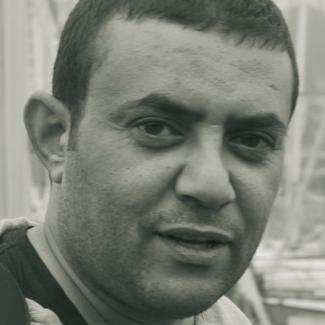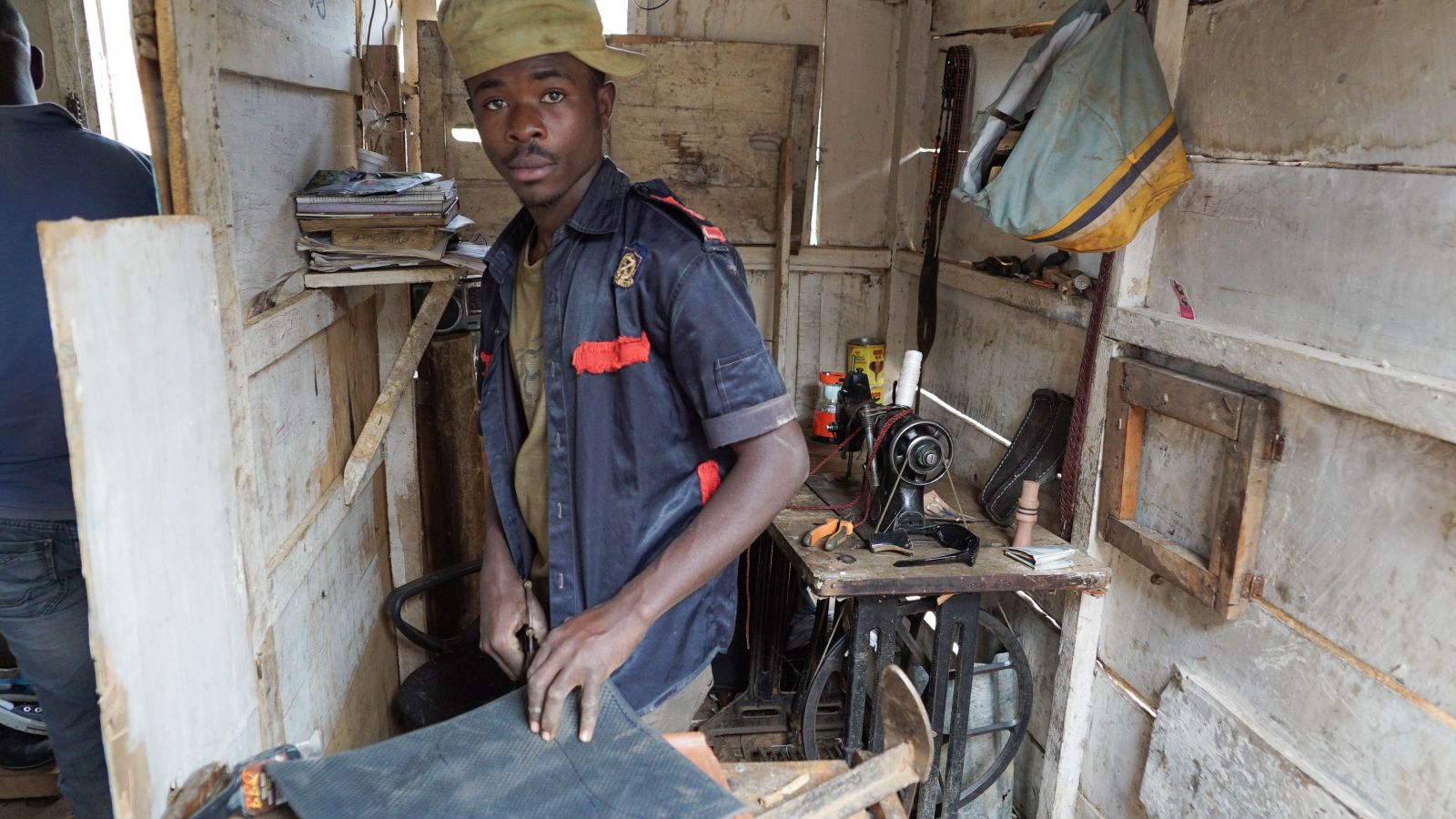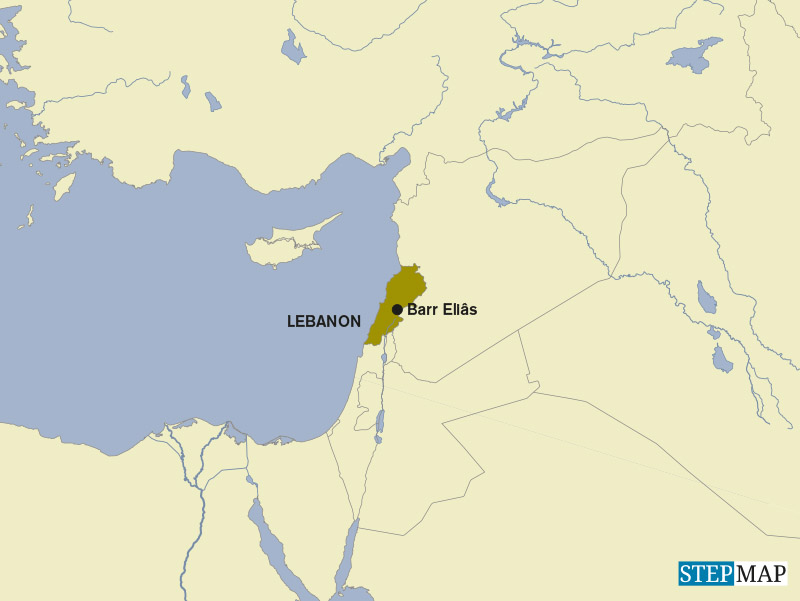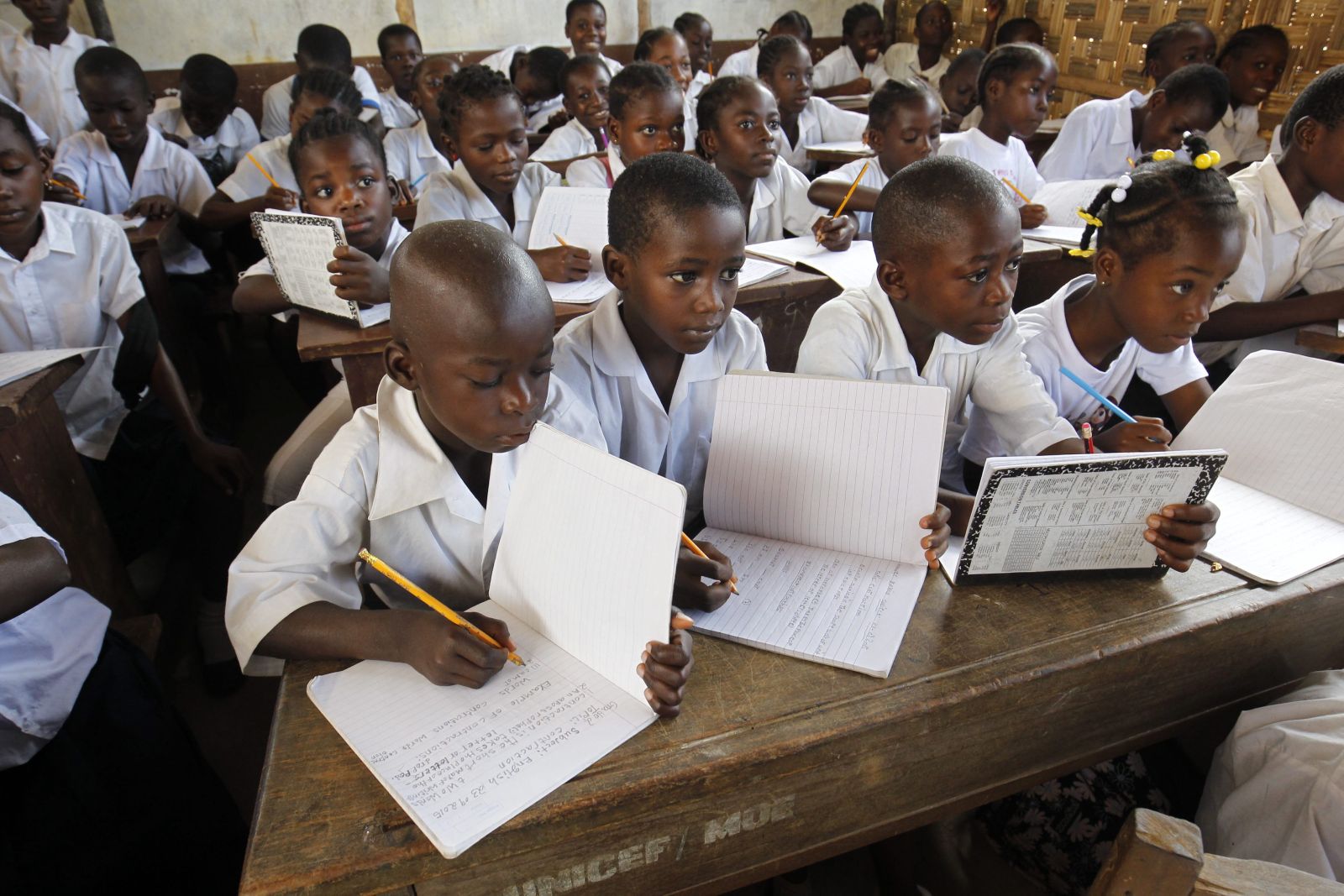Peacebuilding
Preparing students for reconciliation
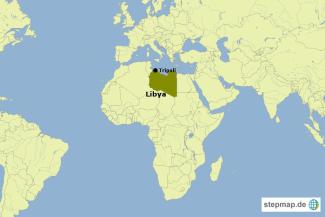
Since 2011, Libya has suffered bloody struggles in different parts of the country. The results have been disastrous. From some towns, all residents were displaced for instance.
The project was first initiated by the Elders Council in view of the “great dangers of the negative psychological effects of war on people in general and young people in specific,” recalls Mohamed Al-Mubasher, who heads the Council. “We want to establish an atmosphere of peace.”
The project has declared some regions to be priorities. “We start with the areas which directly have suffered from the armed struggles, and then we will extend our scope nationwide,” Mubasher says. He knows of similar projects in other countries and says that “Libyans must learn from international experiences.”
The school year 2016/17 started in late October. The Education Ministry has drafted different plans, for example, to reduce aggressive behaviour that students might have acquired from the hostile environment they live in. Ramadan Al-Ghadwi, who works in the Ministry’s media offices, says there will be workshops, seminars and other activities. “In addition, we are printing different booklets.” It all serves to promote the idea of peaceful coexistence.
Wars and armed struggles have torn the social fabric of many Libyan towns. The impact on children is evident in the pictures they draw. Many of them show violence. “That is completely natural,” says Ghada Mathi, a mother of six. After all, the pictures reflect children’s experience. “Parents and schools need to create a peaceful environment for kids,” she adds. “I’m doing my best to keep my kids away from such things at home, but they bring violent ideas back home from school, so the main responsibility is with the schools.” She points out that children sometimes spend more time in school than at home.
Ten-year-old Farah Doukali says she wishes that her country’s people will stop the fighting. She wants them to “start looking for a better tomorrow, full of love and security.”
Moutaz Ali is a journalist and lives in Tripoli, Libya.
ali.moutaz77@gmail.com
